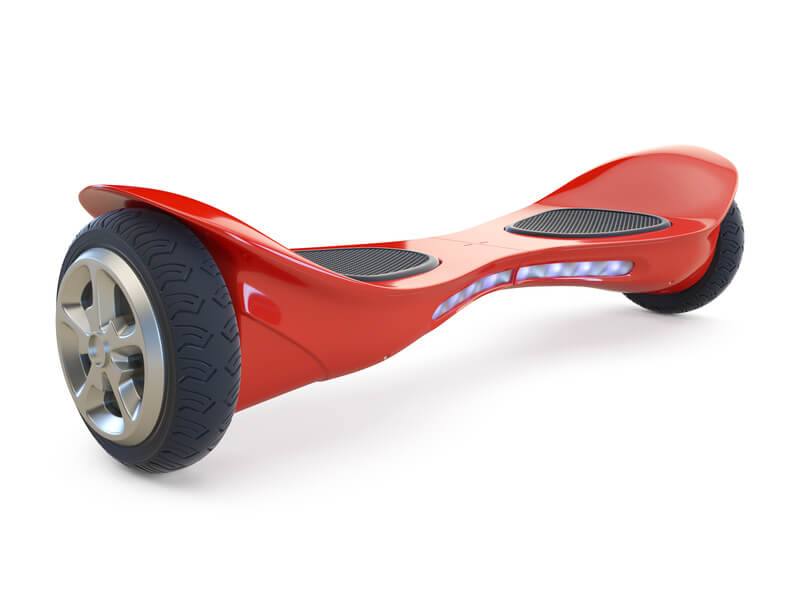
As FOX 31 KDVR News reported, the explosion luckily did not harm any of the students, but it left a scene that “looked like the aftermath of a raucous party.”
Gabriel Rojas, one of the students present at the time, brought the hoverboard to the apartment of friend Mohamed Almansoori, who lives at The Province on 28th Street in Boulder. Rojas explained to ABC 7 News that the device was only plugged into the wall for about five minutes and then “it just started sparking and exploded everywhere.”
“The fire was just getting bigger and bigger. It popped once, like fireworks, and it kept exploding more, like flames and stuff.”
Rojas explained that he didn’t think the device was a risk; even though he had heard stories about hoverboards smoking and erupting in flames, he had assumed that his device was less risky because it was a high-quality product.
Rojas’ surprise is one that many Americans would likely have. If these electronic devices are so dangerous, how could they be legally sold in the United States? Data from the U.S. Consumer Product Safety Commission shows that the department is currently investigating 66 different hoverboard fire cases that have happened over the past year.
Around two weeks after the incident in Boulder, the International Trade Commission announced that the U.S. would be banning imports of hoverboards—oddly enough, this ban is not because of the safety risks involved but because the technology used in hoverboards potentially violates copyright protections belonging to Segway. As the Huffington Post described it, Segways now seem like “the hoverboard’s nerdy uncle.” Even though Segways use handlebars for balancing while hoverboards balance on their own, the technology used in the devices is far too similar for Segway’s comfort.
Although it’s a shame that the ban wasn’t decided based on the clear safety risks of hoverboards, the good news is that these potentially deadly electronics will likely dwindle in popularity—at least for a short time.
Still, hoverboards are legal in the U.S. and it is still possible to obtain them. It is unknown at this time if the company making hoverboards will be held liable for injuries caused by the items, but this seems like a classic case of product liability. Should injured victims of exploding hoverboards choose to file a personal injury claim, it is likely that the company would be held responsible for the injuries.
If you’ve been injured in an accident that involves product liability, such as a hoverboard, be sure to contact the experienced personal injury attorneys at The Law Offices of Dianne L. Sawaya LLC in Denver, Colorado.
 GET YOUR FREE CASE REVIEW
GET YOUR FREE CASE REVIEW 
 SERVING ALL OF COLORADO
SERVING ALL OF COLORADO  303.758.4777
303.758.4777